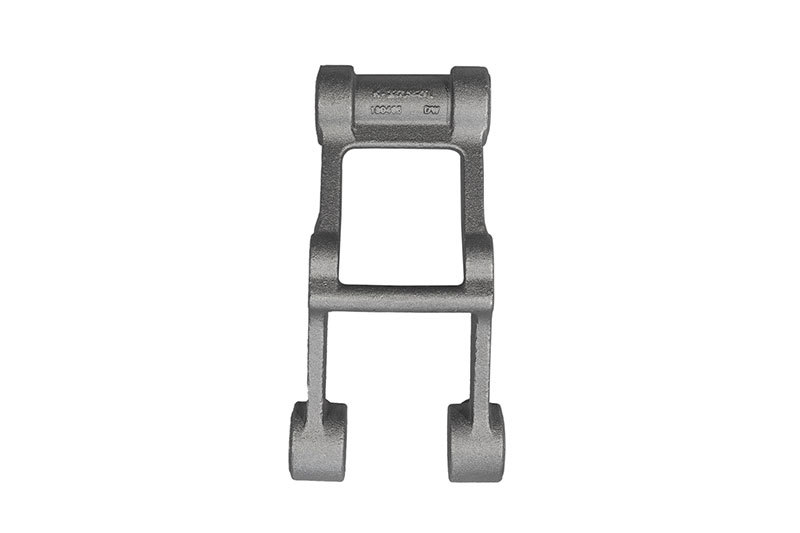
12
2023
-
07
Alloy steel casting forklift parts Revolutionizes Forklift Performance and Reliability
author:
In the realm of material handling, the reliability and efficiency of forklifts are crucial to ensuring smooth operations in warehouses and industrial settings. The introduction of alloy steel casting forklift parts has revolutionized the industry, providing enhanced performance and durability for these essential machines.

Alloy steel casting forklift parts are manufactured using a specialized process that involves pouring molten alloy steel into intricate molds to create precise and robust components. This casting method allows for the production of complex designs that are not achievable with traditional manufacturing techniques. The resulting parts exhibit exceptional strength, durability, and resistance to wear and tear.
One of the prominent advantages of alloy steel casting forklift parts is their unparalleled strength. These parts are engineered to endure heavy loads, vibrations, and extreme operating conditions. By withstanding these rigorous demands, alloy steel casting parts contribute to the overall efficiency and longevity of forklifts, reducing maintenance costs and downtime.
The exceptional durability of alloy steel casting forklift parts also translates to enhanced safety in material handling operations. Forklift components manufactured using this process exhibit resistance to deformation, fractures, and other types of structural failure. This reliability ensures the stability and integrity of the forklift during operation, minimizing the risk of accidents and improving overall workplace safety.
Another key benefit offered by alloy steel casting forklift parts is their superior resistance to wear and corrosion. The unique alloy composition used in the casting process provides a protective barrier against the harsh environmental factors these parts encounter on a daily basis. This resistance ensures that the components maintain their functionality and performance over an extended period, even in demanding industrial environments.
Furthermore, alloy steel casting allows for intricate customization of forklift parts, adapting them to specific operational needs. Manufacturers can create components with precise dimensions and unique designs tailored to maximize performance and efficiency. This versatility enables forklift operators to optimize their material handling capabilities and adapt to varying load requirements.
Moreover, the introduction of alloy steel casting forklift parts brings a more sustainable approach to material handling equipment. The extended lifespan and reduced need for frequent part replacements contribute to the reduction of waste and resource usage, ultimately promoting environmental responsibility.
In conclusion, the implementation of alloy steel casting forklift parts has transformed the material handling industry. Their exceptional strength, durability, resistance to wear and corrosion, and customizable nature has improved the performance and reliability of forklifts. With the adoption of these high-quality components, businesses can confidently streamline their material handling operations while prioritizing safety and efficiency.
Related News
Contact: Manager Huang
Tel:+86-18363688899
Email:info@junlongcast.com
Fax:+86-536-7669966
Address: South of Dongshou Road, Bama Road, Fangzi Old District, Weifang City, Shandong Province, China

Copyright © 2022 Weifang Junlong Machinery Co., Ltd.

